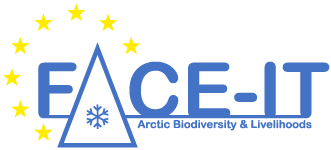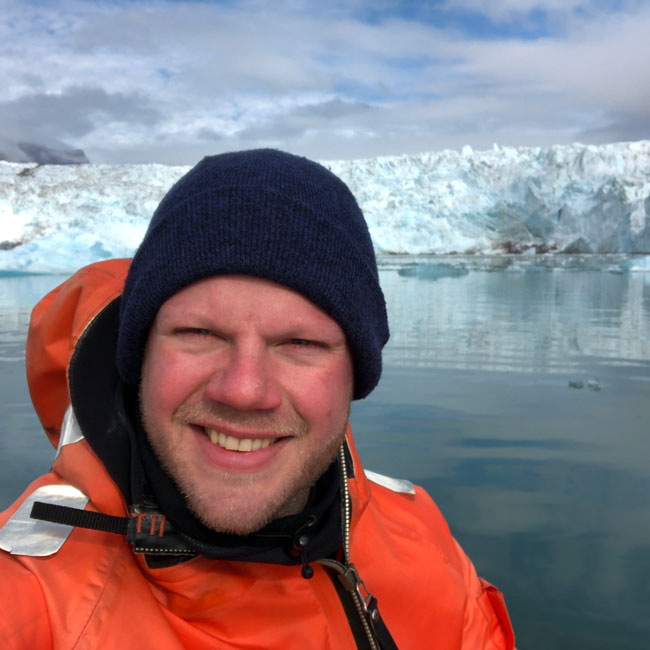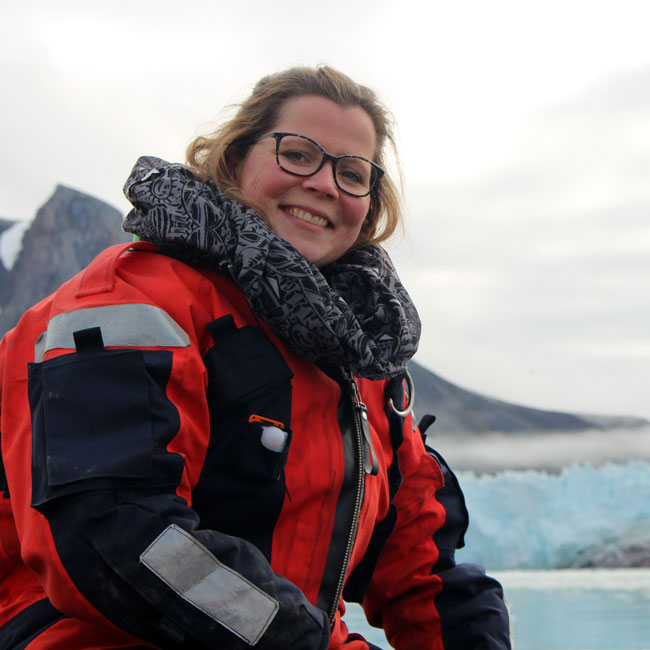Arctic Biodiversity Session at the Arctic Circle Berlin Forum
07 to 08 May 2024
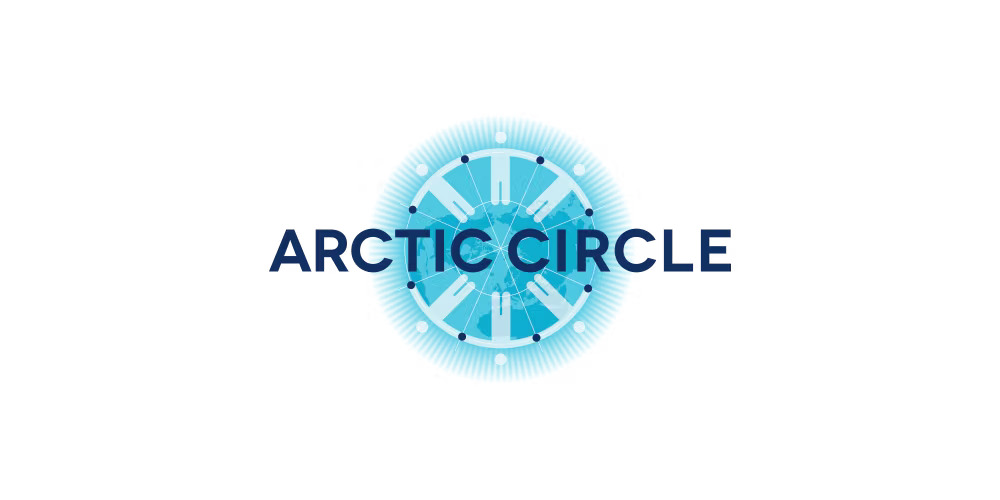
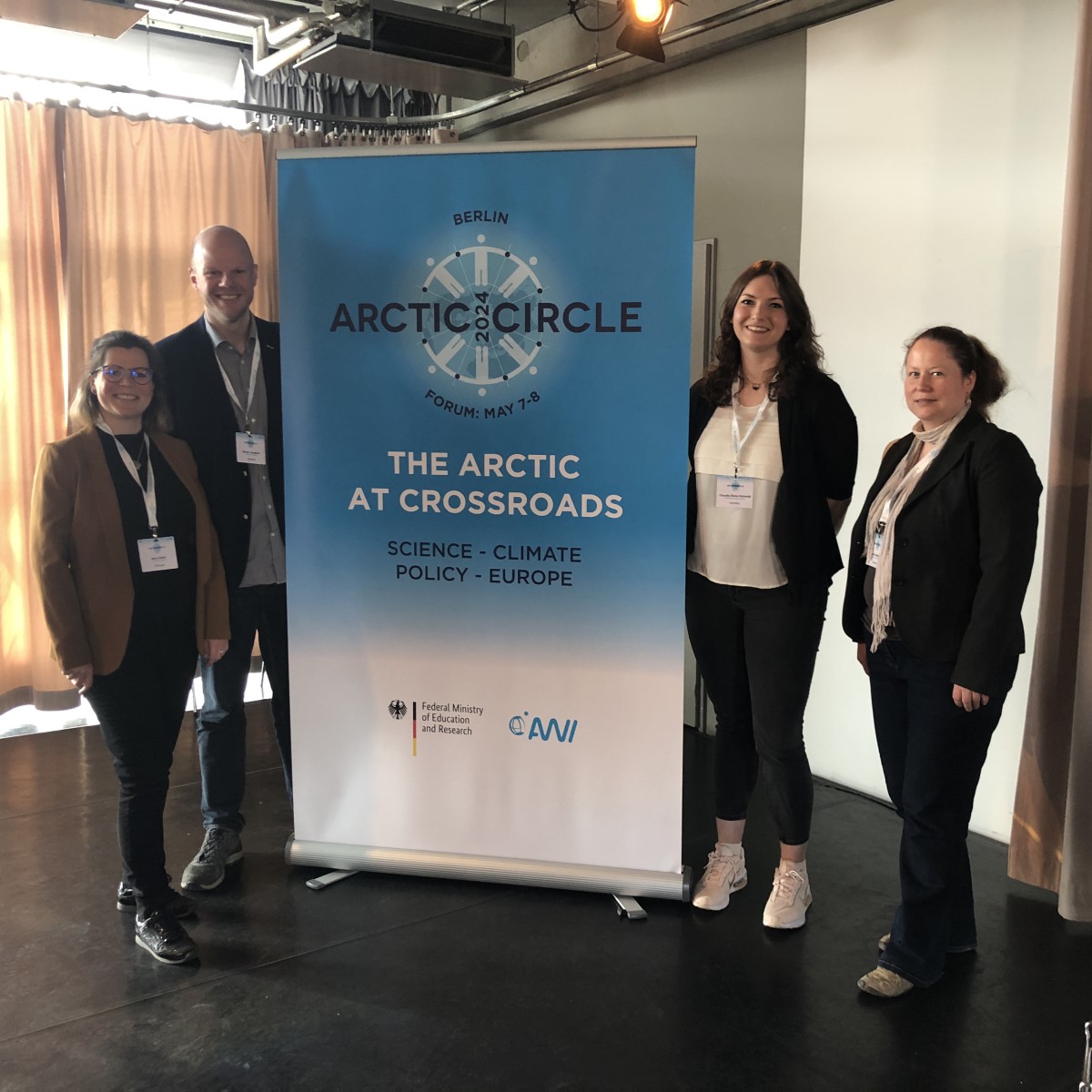
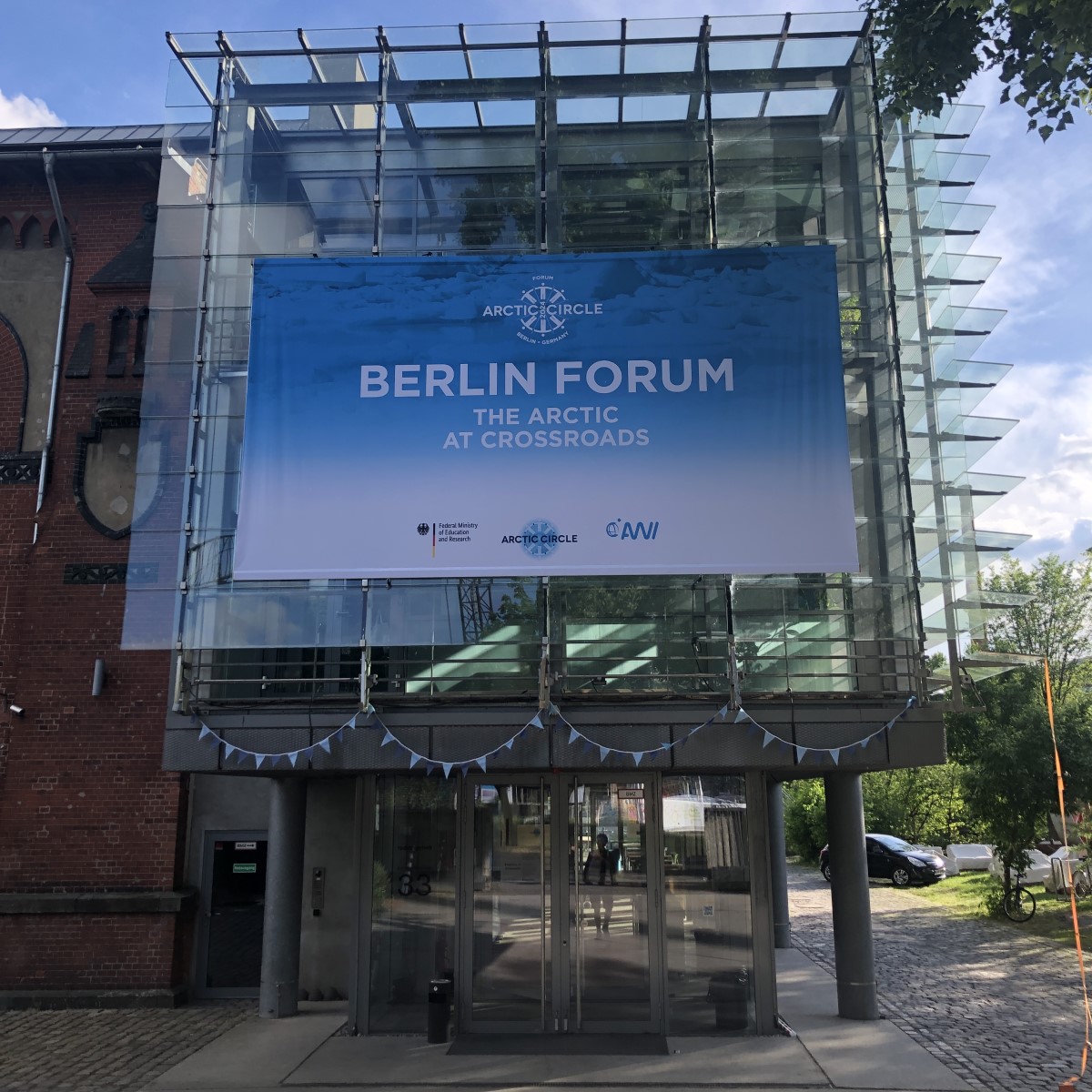
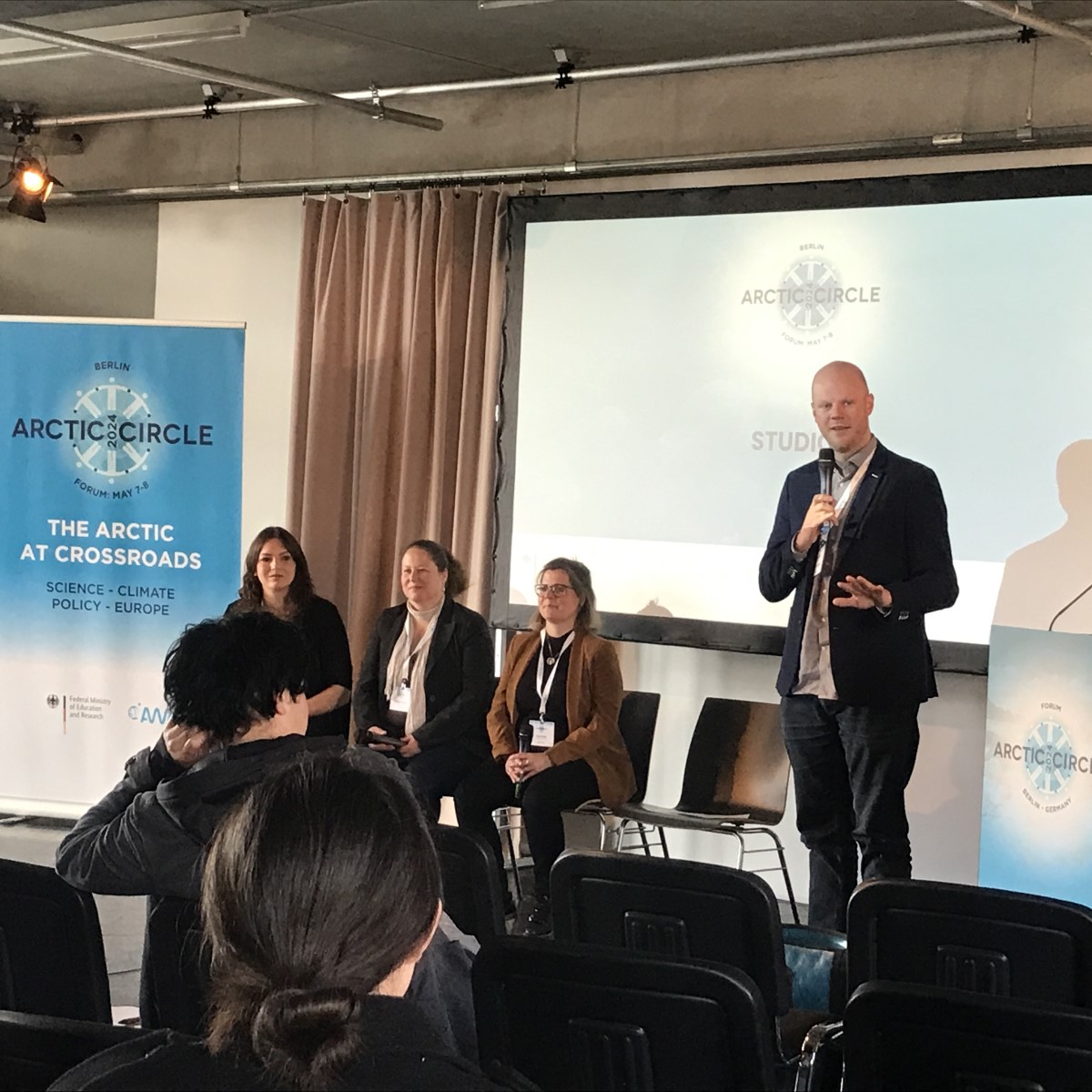
FACE-IT organized, together with its open ocean and terrestrial partner projects ECOTIP and CHARTER, a session at the Arctic Circle Berlin Forum. The event took place on 7 and 8 May 2024 at the Radialsystem Culture Centre in Berlin, Germany. It was one of the local fora of the Arctic Circle network.
FACE-IT, ECOTIP and CHARTER are all three working on ice loss in the Arctic and its effects on biodiversity, ecosystem functioning and local livelihoods. The session was, thus, entitled “Arctic Biodiversity at crossroads – knowns and unknowns“. It was organized by the FACE-IT project leading team of the Marine Botany department of the University of Bremen, Germany. After three presentations, one from each project, the implications of the results have been discussed. Furthermore, the newly published info sheets, which are presenting syntheses of results and research gaps identified by all three projects, have been presented.
The session took place on 8 May, 11:30 – 12:30.
Speakers
● Nora Diehl, Marine Botanist & Researcher in FACE-IT; Marine Botany, University of Bremen, Germany
“Arctic biodiversity at the land-ocean interface”
● Claudia Schmidt, Marine Biogeochemist & Researcher in ECOTIP; Helmholtz Centre Hereon, Geesthacht, Germany
“Investigating ecological tipping cascades in Arctic seas”
● Heidrun Matthes, Atmosphere Physicist & Researcher in CHARTER; Alfred Wegener Institute Helmholtz Centre for Polar and Marine Research, Potsdam, Germany
“Drivers and feedbacks of changes in Arctic terrestrial biodiversity”
Moderator
● Simon Jungblut, Marine Zoologist & Project manager of FACE-IT; Marine Botany, University of Bremen, Germany
Session Overview
The accelerated Arctic warming is pushing the geographical limits of ice-covered areas and the distribution ranges of species further north year by year. These changes lead to shifting and novel ecosystems, also with unknown species interactions, biodiversity patterns and, thus, unpredictable functions and responses. These include the ecosystems’ ability to support services that humans depend upon. Ultimately, it will impact living conditions and livelihoods of local communities.
Today, there already is scientific evidence that environmental, land-use, and even cultural changes are happening as we speak. Recent policy concepts like the EU integrated strategy for the Arctic took note on the massive changes ahead and aim to balance conservation concerns, strategic challenges and upcoming opportunities in a progressively ice-free Arctic.
The three EU Horizon2020 research projects FACE-IT, ECOTIP and CHARTER addressed the causes and consequences of Arctic biodiversity change in terrestrial, coastal and marine ecosystems and have jointly identified future research priorities:
- Understanding climate change impacts along the land-coast-sea continuum
- Identification of high-Arctic refugia and the design of protected areas
- Challenges and risks of reduction of ice-covered areas on environmental economics
- Consequences of biodiversity changes and formation of novel ecosystems
- Quantification of Arctic carbon sequestration
- Land use changes and socio-ecological systems
This session aims to discuss these future research priorities with policy representatives and to gain feedback from industry and societal organizations. Joint efforts are pivotal to facilitate solution-oriented approaches for the mitigation of and adaptation to cryosphere loss-caused biodiversity changes in Arctic communities.
Photos: Simon Jungblut, Claudia Schmidt and Nora Diehl
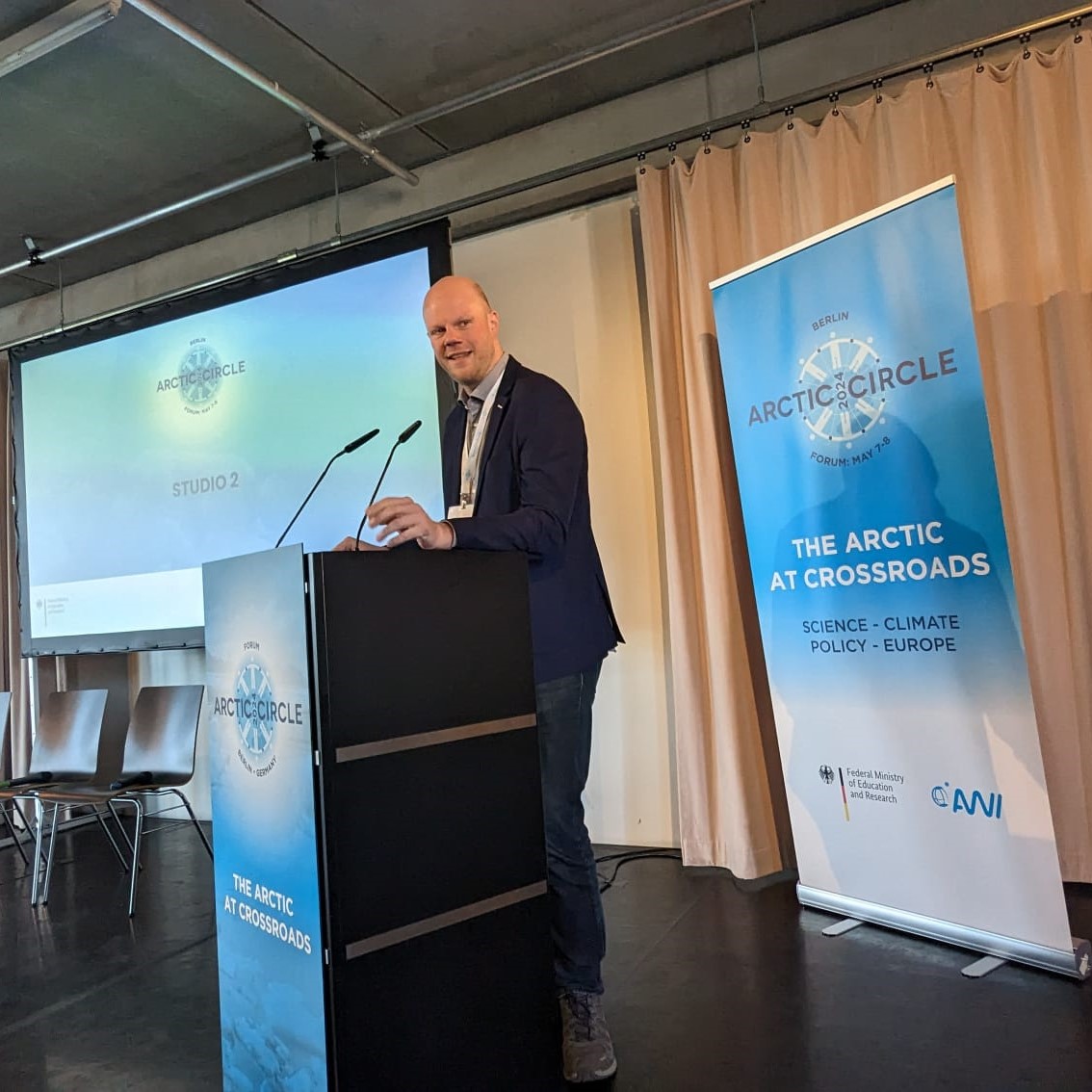
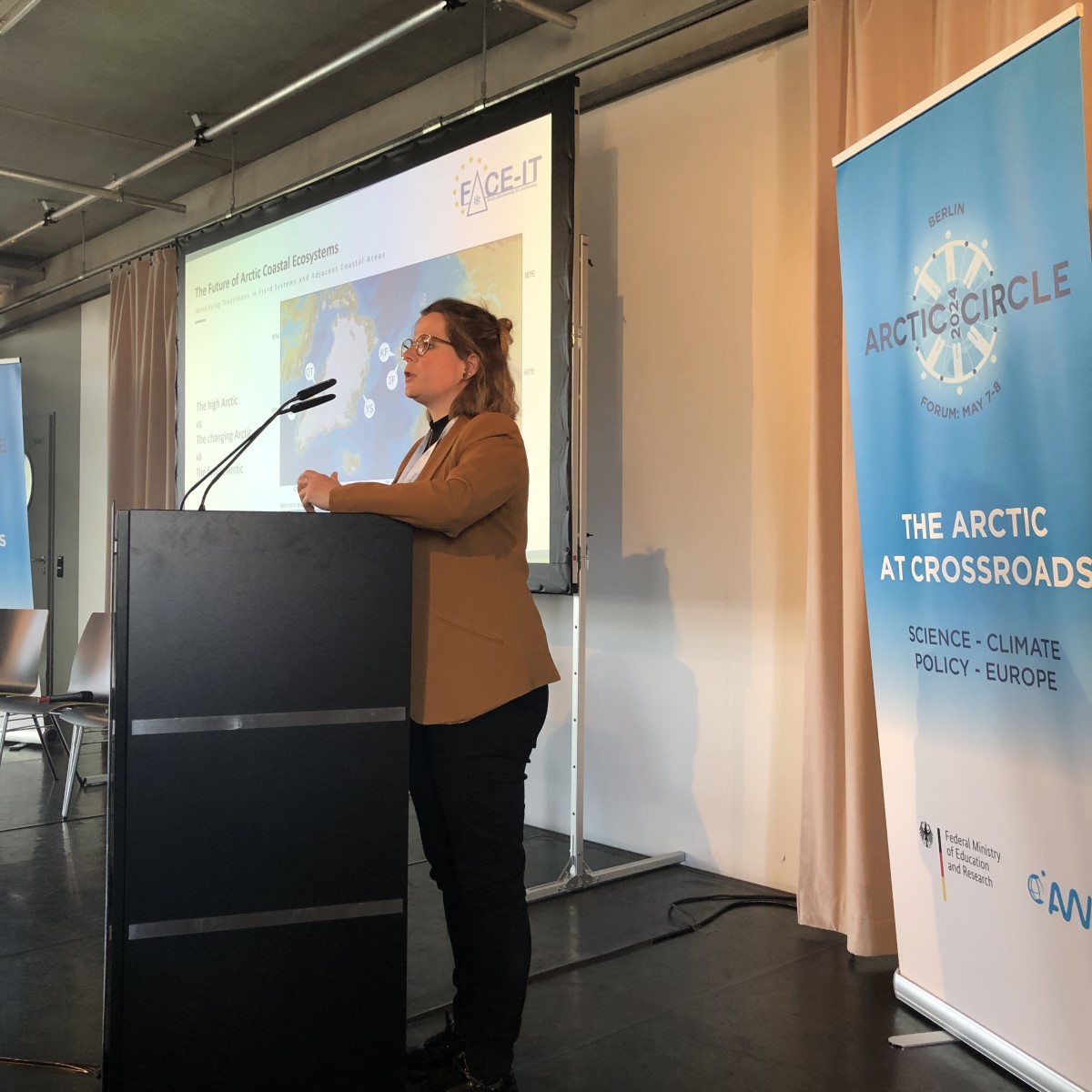
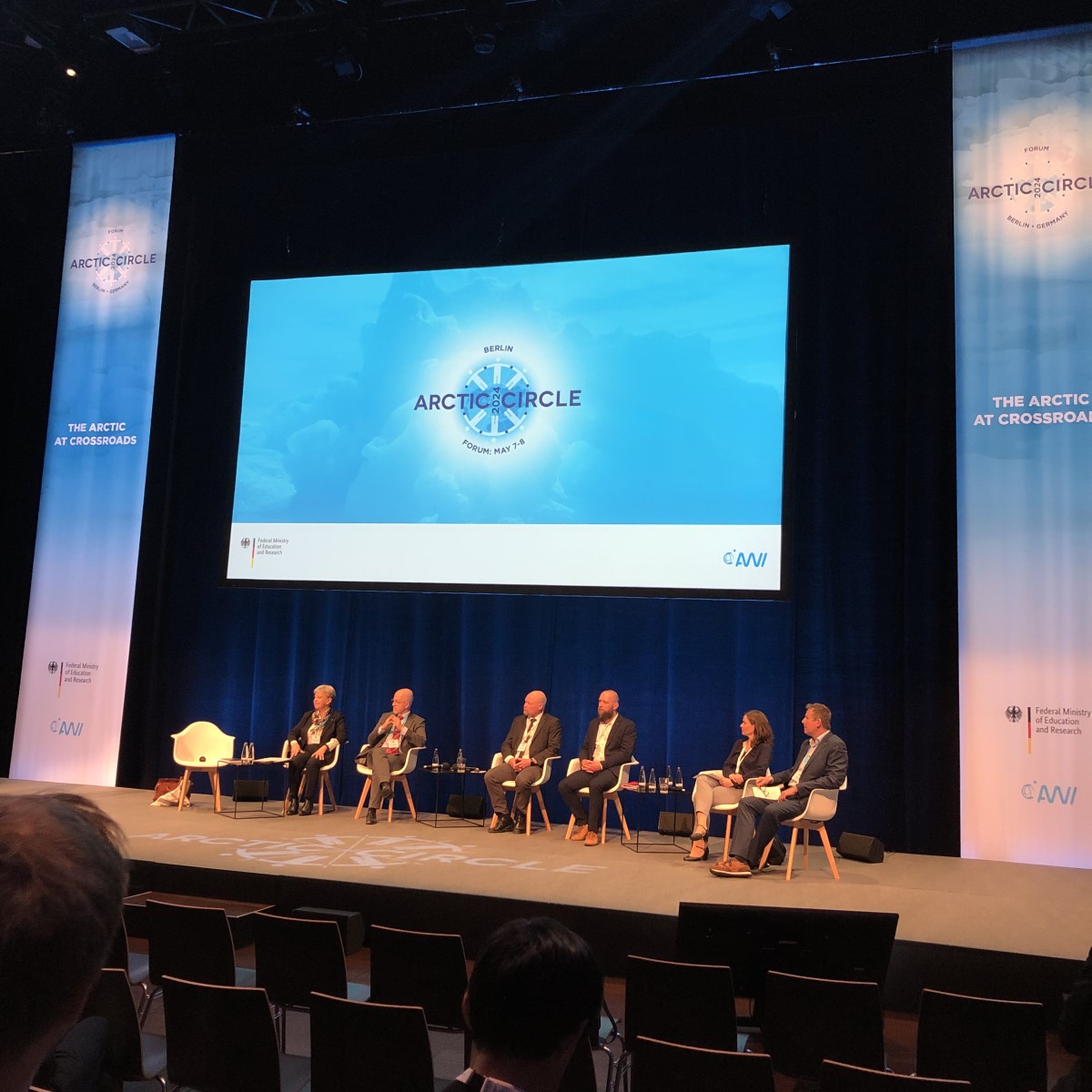
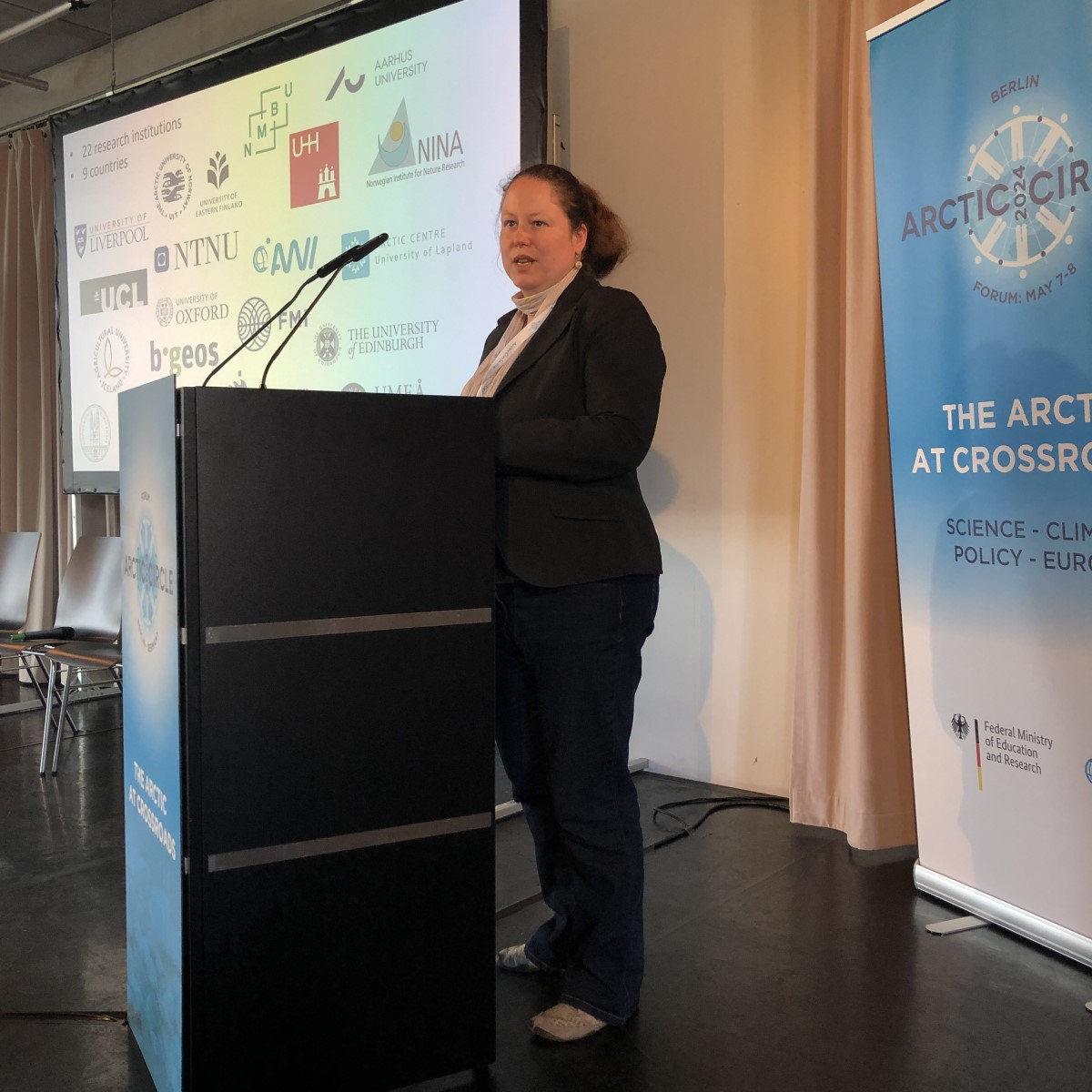
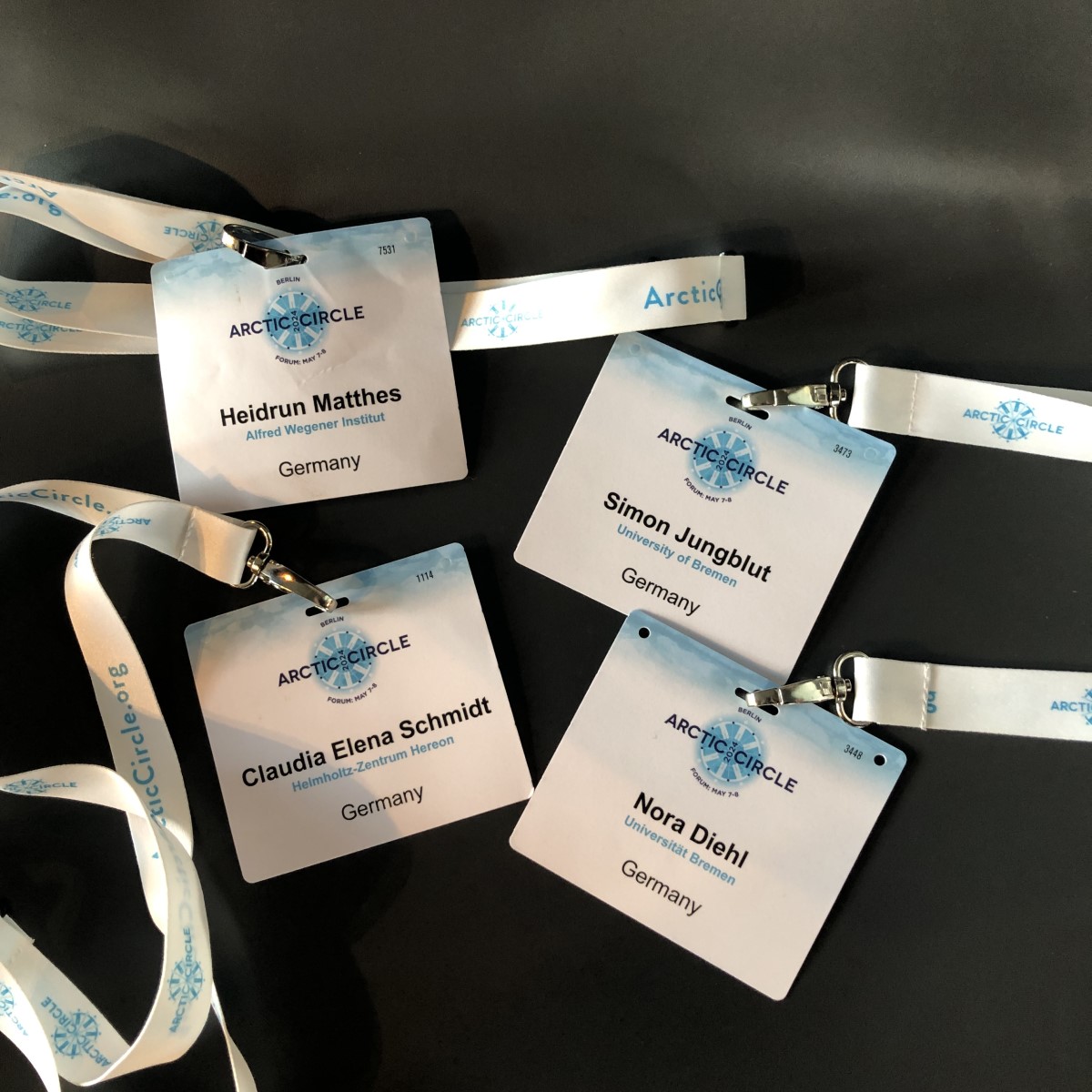
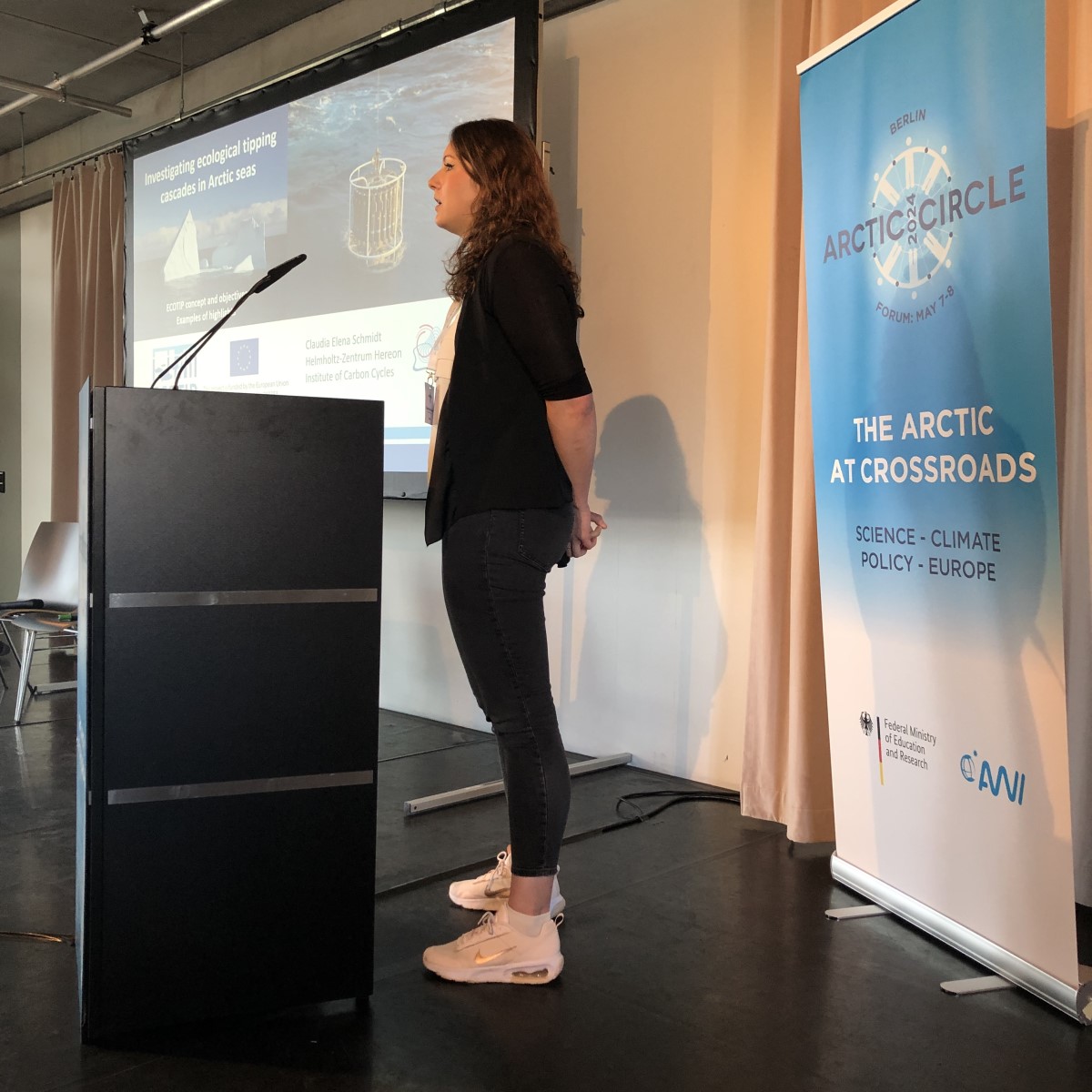
People involved
Simon JUNGBLUT
Role in FACE-IT:
• Scientific Project Manager
• Member of the Executive Board
• Co-Leader "Policy Dialogue and Outreach"
• Co-Leader "Project Management"
• Researcher "Biodiversity Changes"
Marine Botany, University of Bremen, Germany
Association of Marine Sciences, Bremen
Society for Natural Sciences NWV, Bremen, Germany
UBremen personal page
ResearchGate
Nora DIEHL
Role in FACE-IT:
• Researcher "Biodiversity Changes"
• Researcher "Ecosystem Function Changes"
Marine Botany, University of Bremen, Germany
ResearchGate
Nora’s FACE-IT Projects
